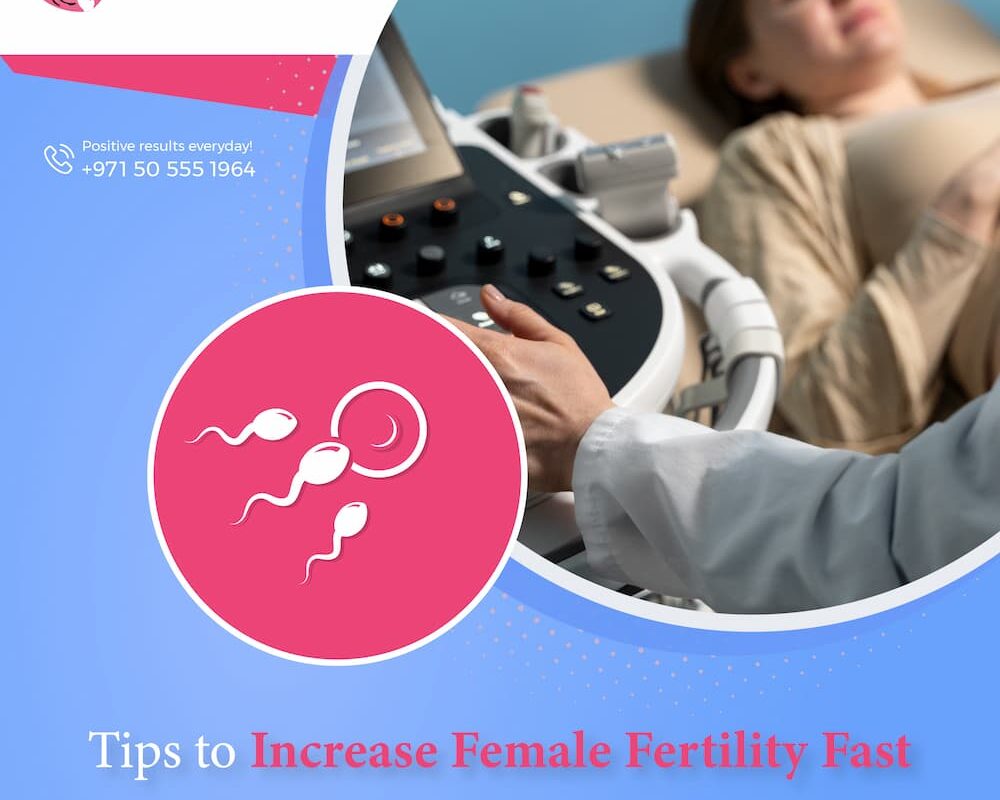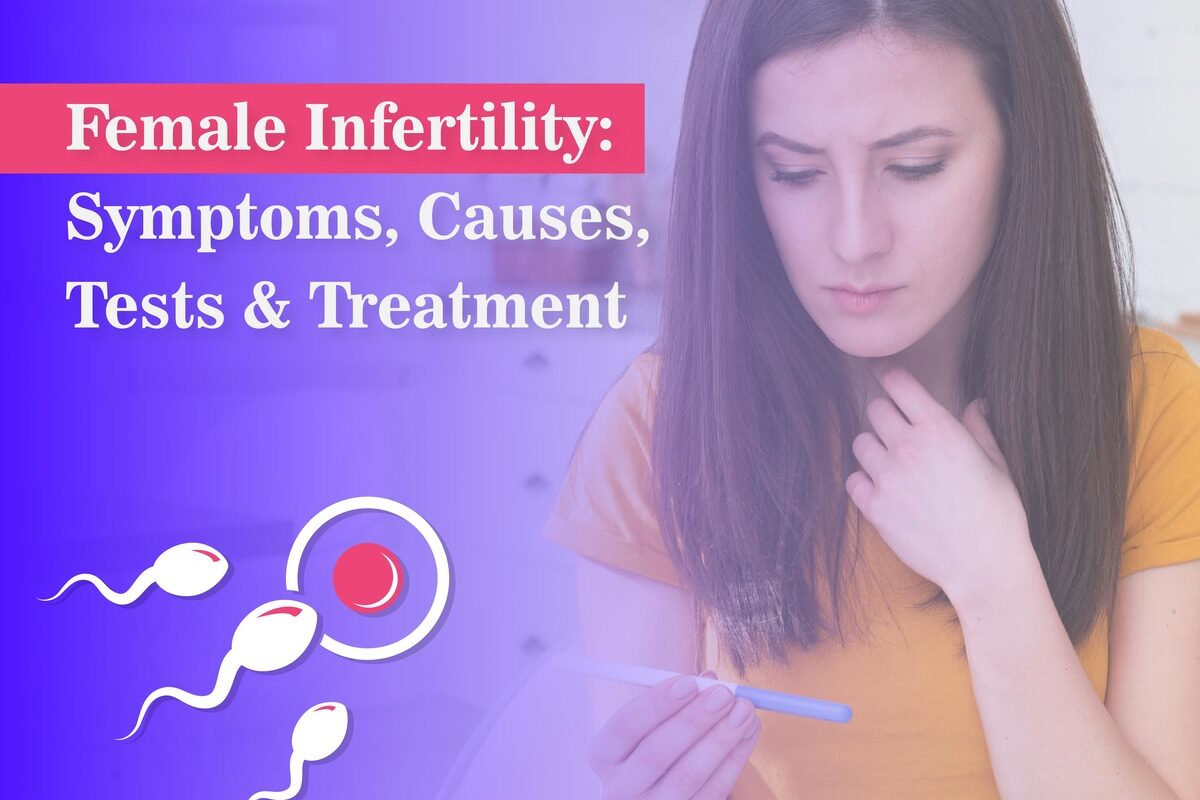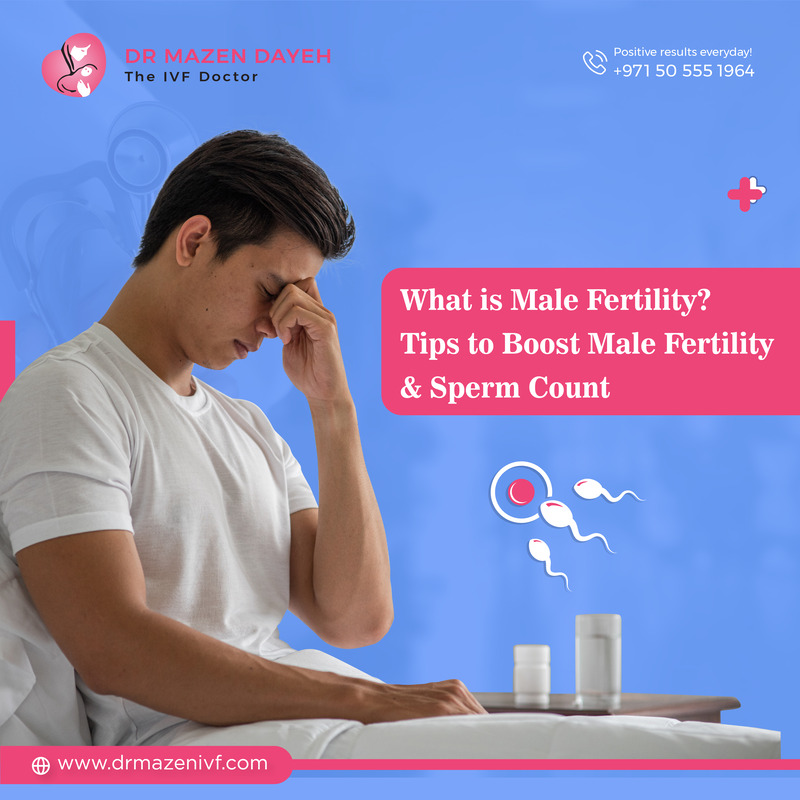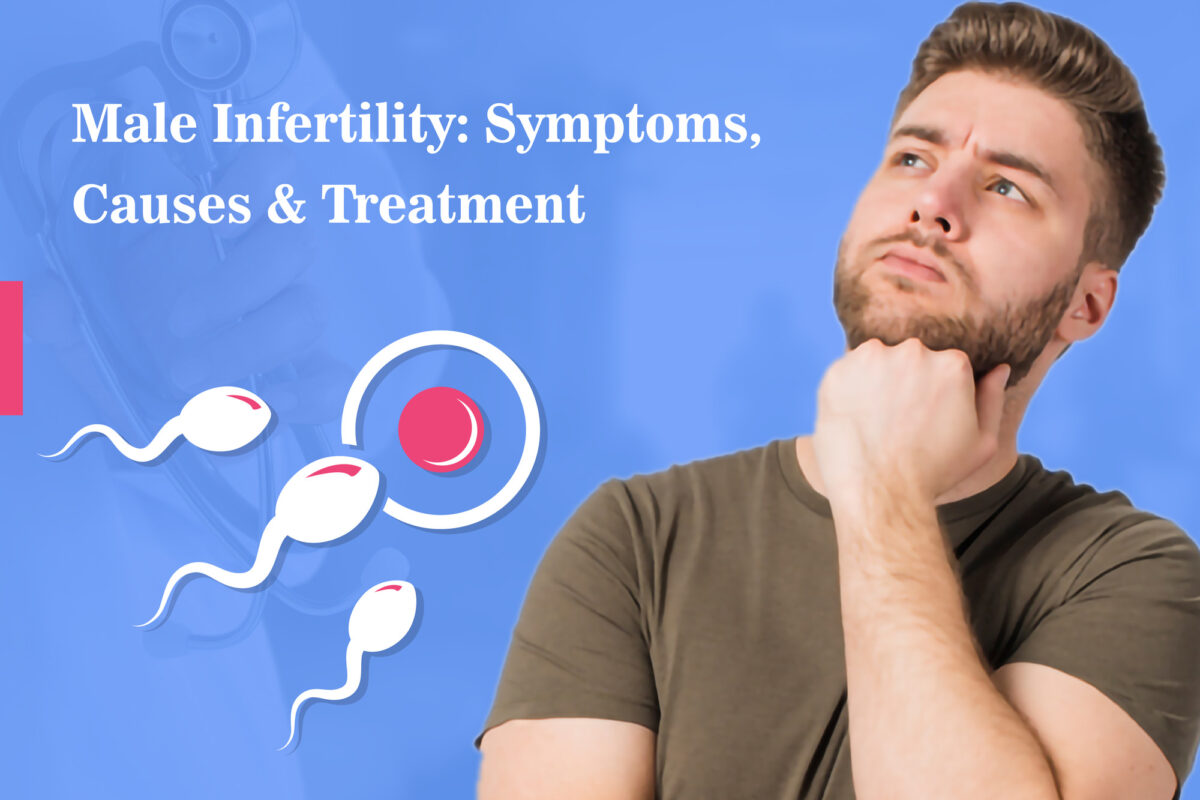If you’re on the exciting journey of trying to conceive, your diet plays a crucial role in preparing your body for pregnancy. Research indicates that certain foods can positively influence fertility, increasing your chances of conception. In this comprehensive guide, we’ll explore fertility-boosting foods for females, focusing on key food groups that support reproductive health. Additionally, we’ll highlight foods to limit or avoid and provide practical tips for creating a successful fertility diet.
What to eat to increase female fertility
1. Fruits and Vegetables
A Harvard School of Public Health study with nearly 18,000 participants demonstrated an association between diet and fertility. Those consuming more trans fats, sugar from carbohydrates, and animal proteins, showed higher incidences of ovulatory disorders while individuals who consumed more iron, fiber, and protein from vegetables had more favorable diets for female fertility scores.
Experts advise eating lots of fresh fruits and vegetables regularly. Watermelons, asparagus, and other raw produce provide abundant sources of glutathione which is essential for egg quality, while powerful vegetables such as kale contain elements essential for estrogen metabolism. Although whole fruits and vegetables are best consumed raw, juicing kale or other greens is another alternative for those who aren’t fans of raw produce.
2. Healthy Fats
For a well-rounded fertility diet, including plant-based fats in moderation, is key. Nuts, avocados, olive oil, and grapeseed oil all contain anti-inflammatory compounds which studies suggest could enhance fertility. Furthermore, monounsaturated fats found in avocados nuts, and certain oils have been linked with higher IVF success rates and success rates in IVF cycles.
As trans fats found in processed snacks can contribute to insulin resistance, raising it may hinder ovulation – making it essential that any fertility diet contains foods that protect against insulin resistance.
3. Complex Carbs
Opting for complex (“slow”) carbs over highly processed ones can help promote fertility. Refined carbohydrates like cookies, cakes, white bread, and white rice can lead to rapid blood sugar spikes with elevated insulin levels that prevent ovulation; complex carbs found in fruits, vegetables beans, and whole grains digest slowly and maintain balanced blood sugar levels over time.
PCOS sufferers should restrict their gluten intake due to its potential to trigger inflammation. Achieving fertility support through eating complex carbs such as brown rice or exploring various whole grains like amaranth, millet or quinoa is key.
4. Protein
Protein sources like chicken, turkey, pork and lean beef provide essential building blocks for a healthy pregnancy, including zinc and iron. Furthermore, coldwater fish like salmon and sardines offer DHA and omega-3 fatty acids which support your baby’s nervous system while decreasing the risk of premature birth.
Eggs, often maligned for their cholesterol content, are excellent sources of protein and choline that help develop baby brain function. Plant-based proteins from beans, nuts, seeds, and tofu offer fewer calories but higher healthy fat content – ideal options for anyone planning preconception weight loss plans.
5. Dairy
Lactose-tolerant women should consume full-fat dairy products such as yogurt to promote fertility. Low-fat dairy has been linked to infertility issues; thus making high-fat alternatives even more essential.
Greek-style yogurt containing probiotic microbes has been found to contribute to improved pregnancy health. According to studies, such yogurt can increase metabolism and lower premature birth risk. Individuals experiencing difficulty conceiving may consult their physician about limiting dairy in their fertility diet plan.
Foods to Limit or Avoid in a Fertility Diet
Although every individual’s foods that promote fertility in females vary, understanding how specific foods affect fertility is key for making informed choices and decisions about enhancing fertility. Here are some food items you may want to limit or avoid:
1. Caffeine
Moderation is key when it comes to caffeine consumption during attempts at conception. Although coffee and tea do not directly cause issues with ovulation, too much caffeine intake may lead to dehydration which could potentially impede sperm mobility and thus interfere with fertilisation.
According to recommendations of the American College of Obstetricians and Gynecologists (ACOG), restricting daily caffeine consumption to 200 milligrams may help optimize fertility without impairing it. Switching some daily caffeine consumption with decaffeinated or low-caffeine beverages such as green tea may provide benefits without endangering fertility.
2. Alcohol
Experts advise couples attempting to become pregnant to limit or avoid alcohol, as excessive use has been linked with reduced fertility and impaired sperm health – both factors that put their developing fetus and themselves at risk.
Due to the risks associated with alcohol, couples trying to conceive should limit their alcohol intake during active fertility attempts.
3. Sugary Drinks and Processed Sweeteners
Indulging in treats is part of leading a balanced lifestyle; however, excessive intake of sugary beverages and processed sweeteners can have adverse effects on blood sugar levels and hormone balance. Individuals living with conditions like diabetes or PCOS might benefit from opting for less processed sweeteners to maintain hormonal equilibrium.
Limiting sugar-laden sodas, fruit juices, and energy drinks is essential, as they have been linked with ovulatory infertility. Selecting less-processed sweeteners with lower glycemic loads like agave syrup, honey maple syrup or stevia may offer healthier alternatives.
4. Processed Soy
Processed soy foods, particularly powders and energy bars, should be restricted when planning a fertility diet. Research suggests that high quantities of soy could impede ovarian function due to estrogen-mimicking properties found in soy protein isolate.
Whole soy products like edamame, tempeh, miso paste, or natto are generally safe when consumed in moderation and may provide health benefits. Integrating soy in its natural state aligns with cultural practices like those found in Japan and China.
Tips for an Effective Fertility Diet
Implementing specific nutrition strategies can further boost the success of any fertility diet plan. Here are a few suggestions:
1. Opt For Whole Foods
To harness the power of whole foods, draw inspiration from the Mediterranean lifestyle. Eating plenty of whole grains and vegetables while cutting back on processed meat consumption has been linked with protecting against ovulatory dysfunction, while the diversity of nutrients found in whole food sources enhances overall fertility health.
2. Take Your Vitamin Whilst Tried Conceiving
Start taking a multivitamin that contains at least 400 micrograms of folic acid and 40-80 milligrams of iron daily when trying to conceive, according to health professionals. Folic acid plays an essential role in neural tube development in babies and reduces birth defect risks, making a prenatal vitamin essential. Starting one early may increase your chances of success!
3. Mix Up Your Plate
While choosing fertility-supportive foods is certainly important, diversifying the contents of your plate with foods from various regions and cuisines ensures you get a well-rounded nutritional intake to fill any potential gaps in essential vitamins and minerals.
ALSO Read: Female Infertility: Symptoms, Causes, Tests & Treatment
Conclusion:
Eating for fertility requires making conscious and intentional choices to support reproductive health, including foods rich in nutrients and minimizing substances that may inhibit fertility. By eating food high in nutrients while decreasing exposure to substances that could interfere with conception, individuals can increase their chances of conception. Since everyone’s body varies greatly, obtaining professional advice from fertility experts like Dr. Mazen before making significant dietary changes is key. With a focus on personalized and advanced female infertility treatments, Dr. Mazen and his team are committed to providing comprehensive care to those navigating the path of fertility.
FAQs:
Does alcohol affect fertility in females?
Excessive alcohol consumption can disrupt menstrual cycles, affecting hormone production and ovulation. This may reduce fertility in females. It’s advisable for women trying to conceive to limit alcohol intake.
Is pomegranate juice good for female fertility?
Pomegranate juice contains antioxidants that may benefit female fertility by reducing oxidative stress. While research is ongoing, moderate consumption as part of a healthy diet may contribute positively to reproductive health.
Does caffeine affect female fertility?
High caffeine intake may slightly impact fertility, potentially delaying conception. It’s recommended that women trying to conceive limit caffeine intake to promote optimal fertility.
Does smoking affect fertility in females?
Smoking harms fertility by affecting egg quality, disrupting hormonal balance, and increasing the risk of miscarriage. Quitting smoking is crucial for improving fertility.
Does diabetes affect fertility in females?
Uncontrolled diabetes can impair fertility in females by affecting ovulation and increasing the risk of complications during pregnancy. Managing blood sugar levels is essential for optimizing fertility and ensuring a healthy pregnancy.





